When it comes to event communication, choosing the right technology is critical for smooth coordination. Two of the most widely used technologies are UHF (Ultra High Frequency) radios and TETRA (Terrestrial Trunked Radio) systems. While both have their own strengths, understanding their differences can help event organizers select the best option based on their specific requirements. Here’s a breakdown of UHF and TETRA technologies and how they differ in terms of event communication.
UHF TECHNOLOGY
UHF radios are a popular choice in the events industry due to their flexibility, simplicity, and cost-effectiveness. UHF licenses provided by the TDRA in the UAE are in the range of 400 – 470MHz, making them highly versatile for indoor and outdoor events, as well as venues with a range of physical obstacles.
Advantages of UHF for Event Communication:
1. Flexibility with Analog and Digital Transmission: UHF radios offer the choice of using analog or digital signals. Analog transmission provides near-instant communication but may suffer from quality degradation as the signal approaches its maximum range. Digital, on the other hand, delivers clearer audio, though it introduces a slight delay. This delay makes digital UHF less ideal for time-sensitive communication, such as cueing live performances or stunts.
2. Higher Availability and Short-Notice Rentals: UHF radios are widely available, making them ideal for events requiring last-minute equipment. DLC Events have large stocks of UHF radios, meaning event organizers can source these devices on short notice.
3. User-Friendly Design: UHF radios typically have a simple design with minimal controls, making them easy to operate, even for those unfamiliar with radio systems. This makes UHF ideal for events where staff may not have technical training.
4. Wide Range of Accessories: UHF radios support a broad selection of locally available accessories, such as different styles of earpieces, microphones, and chargers. This allows event managers to customize their setup according to the needs of their event.
5. Cost-Effective: UHF radios are often more economical than other communication systems due to the lower cost of the hardware. For events on a tight budget, this cost advantage can be a deciding factor.
Limitations of UHF:
1. Limited Scalability: While UHF is excellent for events in one location, increasing the range past a couple of kilometers necessitates the installation of a repeater network that can drastically increase the budget and complexity of the hire.
2. Basic Features: Most UHF radios focus on voice communication and lack other advanced functionalities such as encryption, GPS, or data transmission.
TETRA TECHNOLOGY
TETRA is a more advanced communication solution, designed for large-scale events or mission-critical communications. Normally operating in the 380-400 MHz range, TETRA offers robust features that make it well-suited for complex, high-capacity communication environments, or those that require an extended range of coverage.
Advantages of TETRA for Event Communication:
1. Extended Range: TETRA radios offer a significantly longer range than UHF systems, even without requiring additional infrastructure such as repeaters or base stations. This makes TETRA ideal for large-scale or outdoor events spread over wide areas, where coverage reliability is critical.
2. Simplified Licensing: TETRA systems have a simpler licensing structure compared to UHF, reducing the regulatory burden on event organizers.
3. Advanced Communication Features: TETRA radios offer not only voice communication but also data transmission, channel naming, GPS tracking, and encrypted channels, ensuring secure and reliable communication for sensitive or high-security events.
4. Better Outdoor Performance: TETRA’s transmission technology is better suited for outdoor events, where consistent coverage over long distances is necessary.
Limitations of TETRA:
1. Higher Cost: TETRA systems are more expensive to rent or purchase compared to UHF radios. Additionally, the cost can rise during peak seasons when demand is high, potentially limiting availability.
2. Infrastructure restrictions: While TETRA’s outdoor range is impressive, using them indoors at venues with greater structural detail can cause a hindrance to signal coverage.
3. Availability: Unlike UHF radios, which are readily available, TETRA radios may be harder to secure, especially during busy periods. The higher cost of rental may also make them less accessible for events with budget constraints.
DLC EVENTS OFFER BOTH TECHNOLOGIES TO THE UAE EVENTS INDUSTRY
The decision between UHF and TETRA comes down to the scale and nature of your event. UHF radios provide flexibility, high-availability, and cost savings, making them an excellent choice for small to medium-sized events with straightforward communication needs. On the other hand, TETRA offers a greater range along with advanced features, By understanding these key differences, event organizers can select the most suitable communication system to ensure the coordination for their event.
Get in touch at [email protected] to find out more about how we can service your local event communication requirements!




